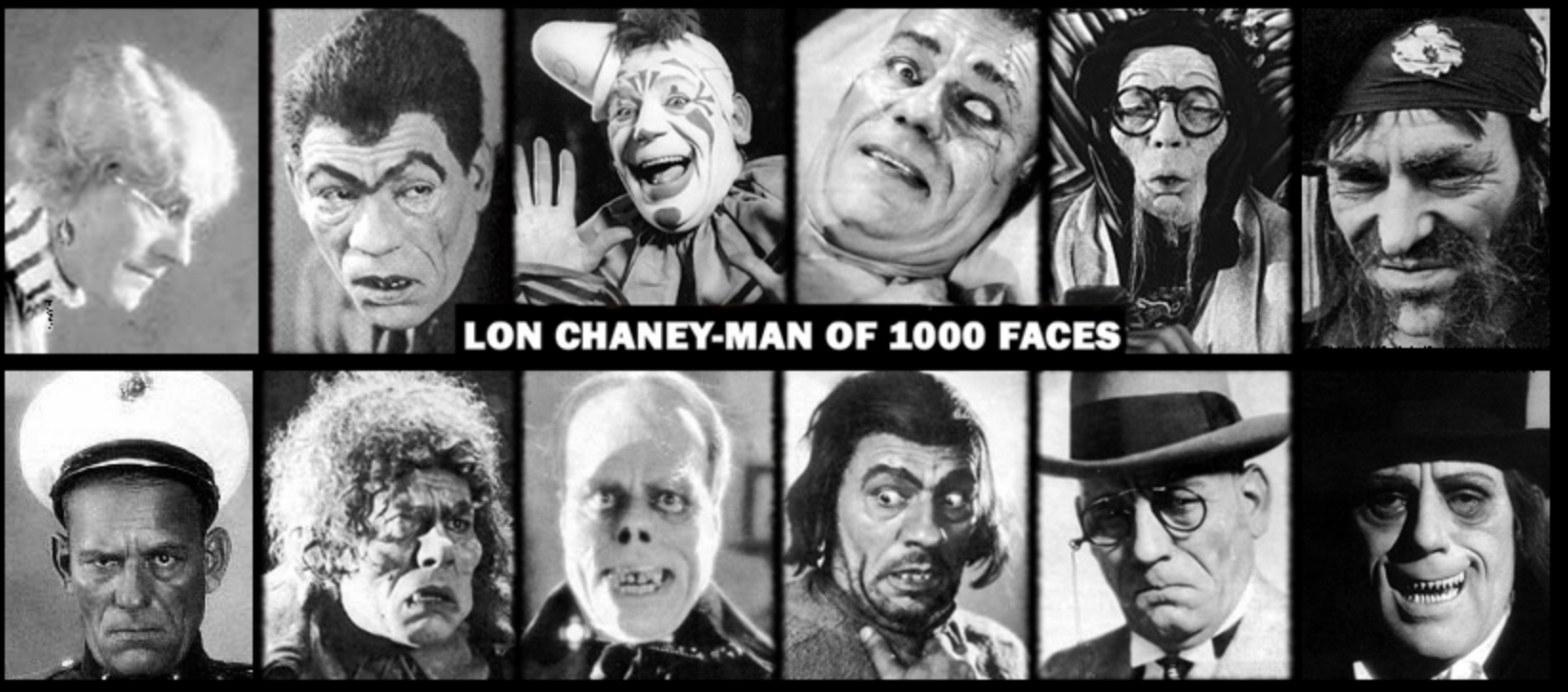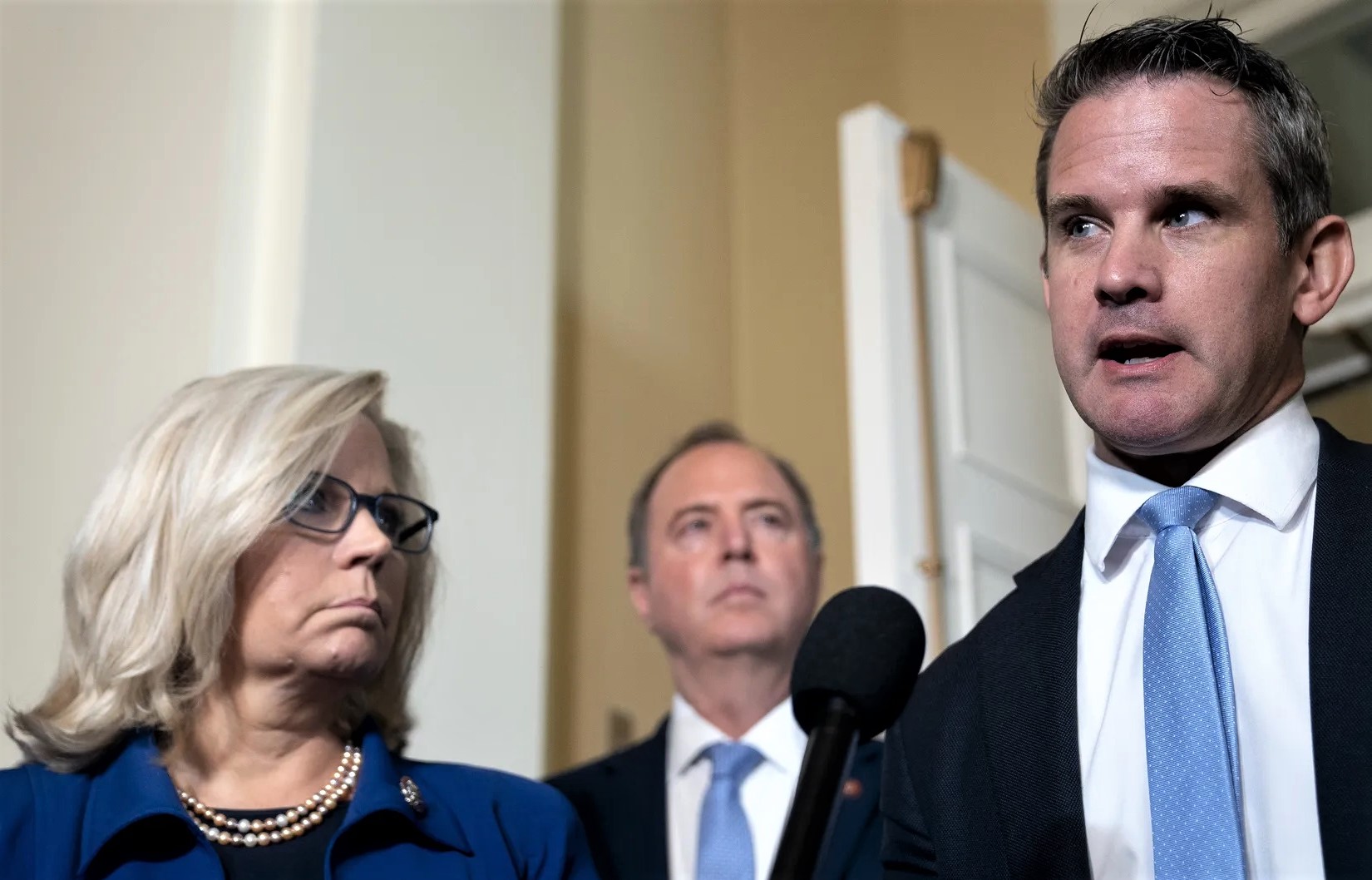
“When bad men combine, the good must associate; else they will fall, one by one, an unpitied sacrifice in a contemptible struggle.”—Edmund Burke, Anglo-Irish statesman, and philosopher.
Two simple questions with no easy answers. Why do so many tolerate dishonesty, incivility, irresponsibility, and a profound lack of character in far too many individuals, particularly leaders? Why do so many choose willful blindness out of loyalty to an individual rather than open their eyes to the facts before them?
Force of personality is not character.
One can forcefully make their case for the right action, but they should never force others to accept self-serving misinformation, lies, and manipulation designed to divide us.
Too many for too long remain cloaked in victimhood, viewing themselves as survivalists against an unyielding system that’s out to get them. Rather than working to improve, they retreat to me-ism. Rather than listening, they shout expletives. They turn their anger into hate and, in some cases, violence. They bend their sense of right to suit their own needs rather than the greater good of their families, and members of their communities.
Why is character so important?
“Civic character,” ethics teacher Michael Josephson says, “involves the skills and traits needed to be an ethical, engaged citizen who demonstrates leadership, teamwork, civility and creates positive change in their community.”
Character is not about rhetoric, position, wealth, or power. It’s about action.
Character is revealed when someone chooses to do what’s right even at the risk of censure.
Individuals of character listen more than they speak; they are compassionate when compassion is called for. In the midst of division, they seek common ground.
House Republicans, Liz Cheney and Adam Kinzinger were savaged by their colleagues for taking part in an investigation where anger and rage turned to violence; where the majority of their colleagues chose to speak against them rather than stand with them in a justice cause, or worse, remain silent.
“Nothing can corrupt and disintegrate a culture or a [person’s] character,” Ayn Rand wrote, “as thoroughly as does the precept of moral agnosticism the idea that one must never pass moral judgment on others, that one must be morally tolerant of anything, that good consists of never distinguishing good from evil.”
Today, character is more vital than ever.
Comments











